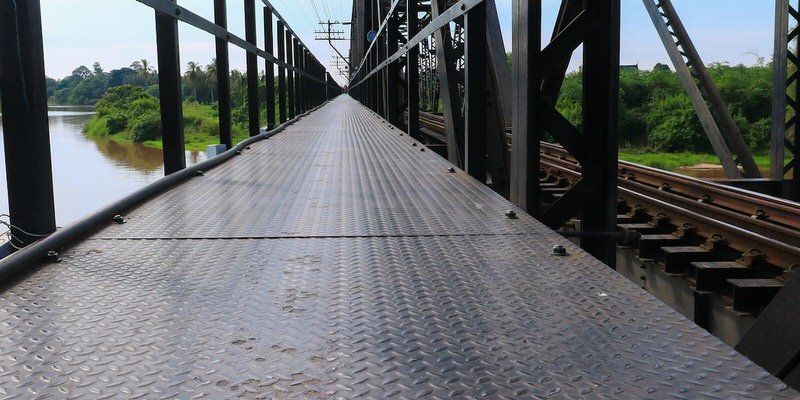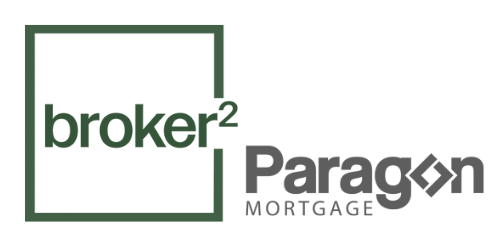What is Bridge Financing?

Let’s say you have a home that you’ve outgrown, it’s time to make a move to something more suited for your family. You have no desire to keep two houses, so you decide that selling your existing home, and moving into something new is the best idea.
Ideally, when planning out how that looks, most people want to take possession of the new house before having to move out of the old one. Not only does this make moving (your stuff) easier, it allows you to make the house a little more “you” by adding some paint, or doing some small renovations before moving in.
But what if you need the money from the sale of your existing house to come up with the downpayment for your next house? This is where bridge financing comes in. Bridge financing allows you to bridge the financial gap between the firm sale of your current home, and the purchase of your new home. Bridge financing allows you to access some of the equity in your existing property to be used towards the downpayment on the property you are buying.
Now, here is where people get confused, in order to secure bridge financing, you must have a firm sale on your existing house. If your house isn’t sold, you won’t get the bridge financing, because there is no concrete way for a lender to calculate how much equity you have available.
Instead of going through all the fine details of documentation required to apply for bridge financing, or outlining scenarios that may or may not be applicable to you, if you’ve got questions, why don’t you contact us directly! We’d love to hear from you!







